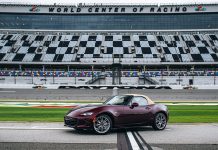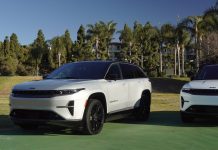The automaker plans to build the NCAS port into all new EVs.
Kia drivers that own electric vehicles will be able to use 12,000 Tesla Superchargers across the United States, Canada and Mexico. This is taking place, just as the company rolls out its EV9 electric SUV, which we dubbed “one of the most important electric SUVs” earlier this year. This move aligns with a broader industry trend of automakers collaborating with Tesla to enhance EV charging options. We have seen competitors including Hyundai, Ford and General Motors take similar steps all within the past year.
Kia said it plans to build the NCAS port, which is the most common charging standard, into all of its new electric vehicles that go on sale in North America starting in the fourth quarter of 2024. This will ensure its EV drivers will gain access to high-speed chargers networks, like the ones being offered by Tesla. Kia also plans to offer adapters for the existing Niro EV and EV6, as well as any EV9s produced before the change, in the first quarter of 2025.
The availability of charging stations is a crucial factor in driving EV adoption. Many American and foreign carmakers have looked to Tesla’s network of 50,000 superchargers across North America as a crutch. When Tesla first started building out its network of Supercharger stations in 2012, they were solely meant for Tesla drivers. But healthy demand for charging station access has skyrocketed as more and more electric vehicles have debuted in the mainstream market. The North America electric vehicle charging stations industry is projected to reach $17.6 billion by 2030, according to a report by Meticulous Research.
Given the current market dynamics, it’s reasonable to expect that other automakers will also move in the same direction as Kia. But it may be too soon to tell if Tesla will continue to lead the effort in making charging stations accessible. Notably, seven major automakers, including Kia, are working to establish a new charging network in North America that may rival Tesla’s current web. The new joint program aims to set up around 30,000 high-powered charging points near cities and highways, all in pursuit of the same goal of speeding up the adoption of electric vehicles.




